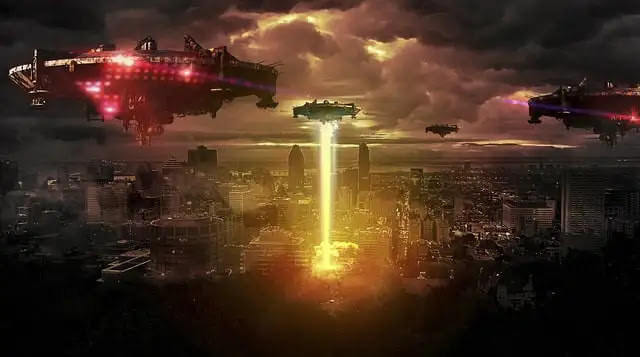War is a state of armed conflict between nations, states or societies. It has been a part of human history since ancient times and continues to be a reality today. Understanding war is important because it helps us learn from past mistakes and find ways to prevent future conflicts. In this article, we will explore 22 facts about war, including ancient wars, modern conflicts, significant battles, war technology, and the consequences of war.
I. Ancient Wars
- The Peloponnesian War (431-404 BC) was fought between Athens and Sparta and lasted for almost 30 years.
- The Punic Wars (264-146 BC) were fought between Rome and Carthage and resulted in the eventual defeat of Carthage and the rise of Rome as a superpower.
- The Trojan War (1184 BC) is a legendary conflict described in Homer's epic poem, The Iliad.
- The Hundred Years' War (1337-1453) was fought between England and France and was actually a series of wars fought over a period of 116 years.
II. Modern Conflicts
- World War I (1914-1918) was fought between the Allied Powers (primarily France, Russia, and the United Kingdom) and the Central Powers (primarily Germany, Austria-Hungary, and the Ottoman Empire) and resulted in the deaths of over 16 million people.
- World War II (1939-1945) was fought between the Axis Powers (primarily Germany, Japan, and Italy) and the Allied Powers (primarily the United States, United Kingdom, and Soviet Union) and resulted in the deaths of over 70 million people.
- The Cold War (1947-1991) was a state of political and military tension between the Western powers (primarily the United States) and the Eastern powers (primarily the Soviet Union).
- The Gulf War (1990-1991) was fought between Iraq and a coalition of forces led by the United States and resulted in the defeat of Iraq.
- The War on Terror (2001-present) is an ongoing conflict between the United States and its allies against terrorist organizations around the world.
III. Significant Battles
- The Battle of Waterloo (1815) was fought between the French army under Napoleon Bonaparte and the Allied forces led by the Duke of Wellington and resulted in the defeat of Napoleon.
- The Battle of Gettysburg (1863) was a major turning point in the American Civil War and resulted in the defeat of the Confederate army.
- The Battle of Stalingrad (1942-1943) was a major battle of World War II and resulted in the defeat of the German army and a turning point in the war.
- The Battle of Midway (1942) was a naval battle fought between the United States and Japan and resulted in a decisive victory for the United States.
- The Battle of Agincourt (1415) was a significant battle of the Hundred Years' War and resulted in a major victory for the English army.
IV. War Technology
- Gunpowder was invented in China during the 9th century and revolutionized warfare.
- Tanks were first used in World War I and became a key component of modern warfare.
- Nuclear weapons were first developed during World War II and have the potential to cause catastrophic damage.
- Drones have become a key part of modern warfare, allowing for remote-controlled strikes without putting human pilots at risk.
V. Consequences of War
- The toll on human life is one of the most devastating consequences of war, with millions of soldiers and civilians killed in conflicts throughout history.
- The economic impacts of war can be long-lasting, with infrastructure, industries, and economies destroyed or severely damaged.
- The psychological trauma experienced by soldiers and civilians in war can have long-lasting effects on mental health, including post-traumatic stress disorder (PTSD).
- The long-term effects of war on societies and cultures can be significant, with changes in social and political structures, displacement of populations, and loss of cultural heritage.
In this article, we have explored 22 facts about war, including ancient wars, modern conflicts, significant battles, war technology, and the consequences of war. Understanding the past and learning from it is crucial to building a peaceful future. War has had a significant impact on humanity throughout history, and it is important to recognize the devastation it can cause. By working towards peace and understanding, we can strive towards a better future for all.







![[100+] गौरैया के बारे में रोचक तथ्य - Facts About Sparrow in Hindi](https://blogger.googleusercontent.com/img/b/R29vZ2xl/AVvXsEjAMPNSpkqO8-9akUiPokDXHagmsQFwp-aZl-19OFI6ZL3MLknwTd6PUp3aQy9z_kWHrPvtY1aKkGV8ybbyuIuobUEPhEq-ctYtgNg56vOT3Uui-kbyp476SdBCUQ3KRj0TpAxc4H84_K79/w100/ezgif.com-gif-maker+%25281%2529.webp)






0 Comments